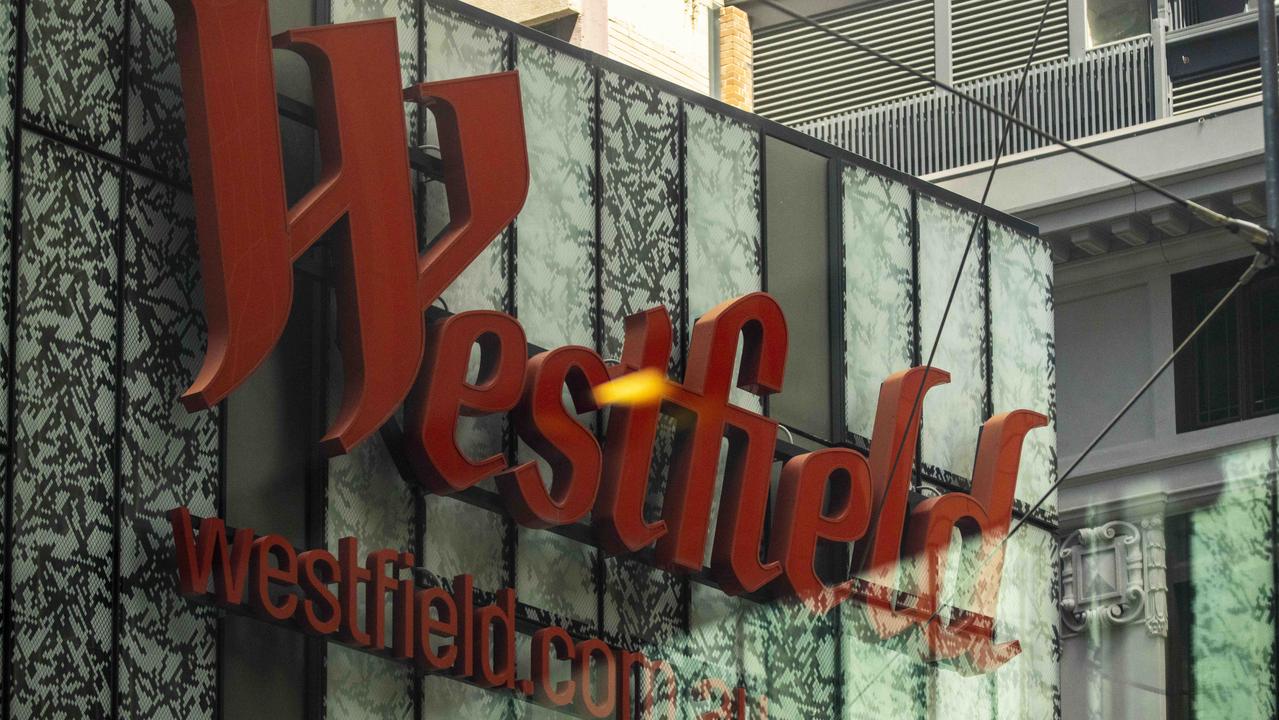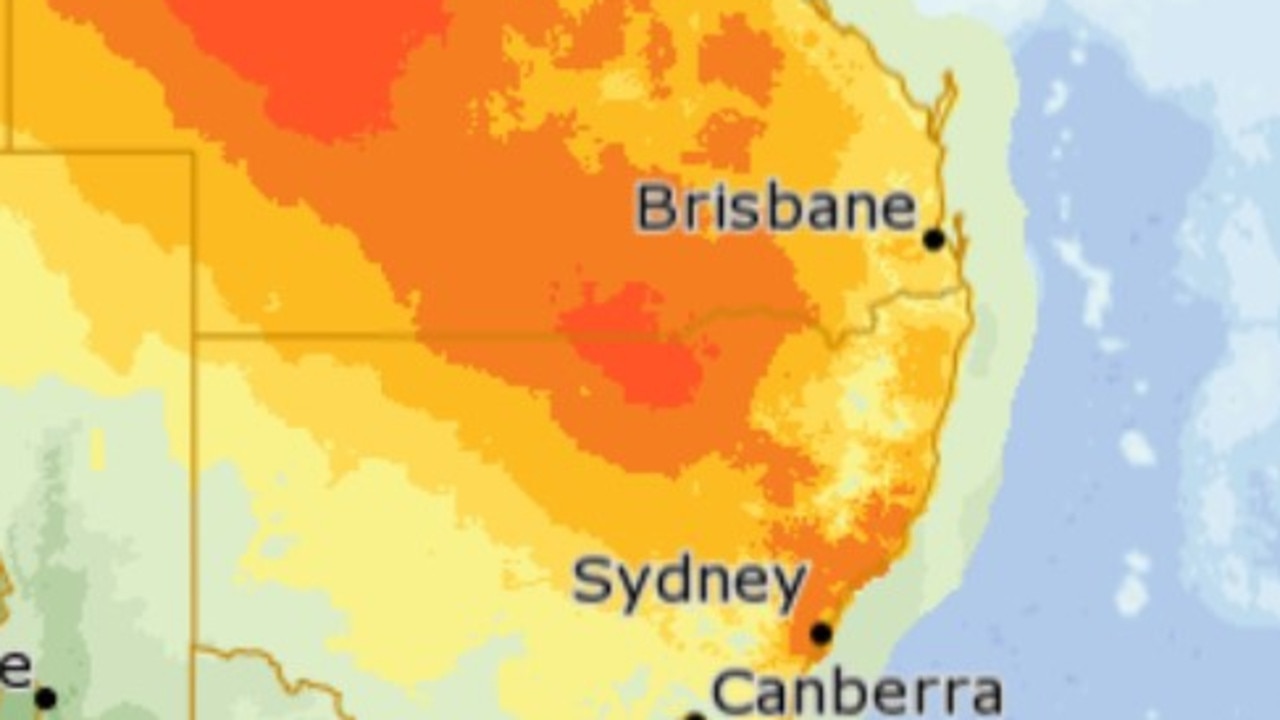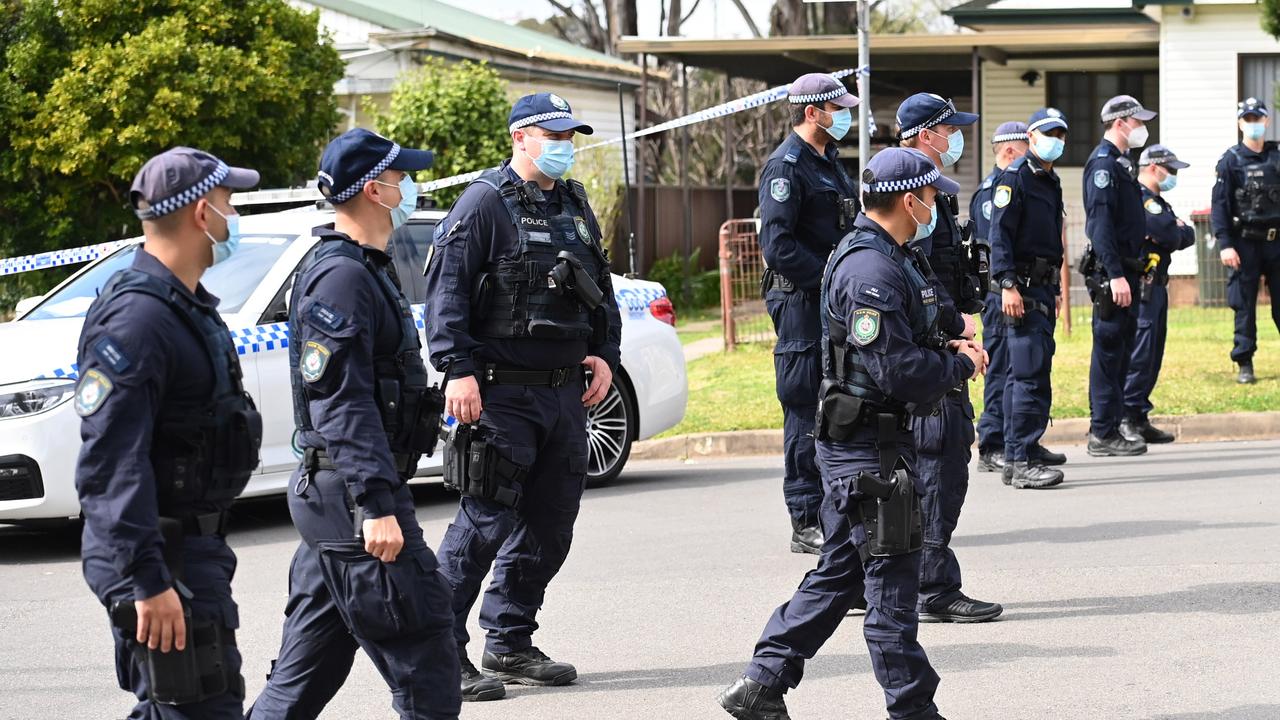Sydney’s northern beaches may be frontrunner for NSW vaccine passport app pilot
There’s one location in Greater Sydney that an expert believes could be ideal to test NSW’s new vaccine passport app.
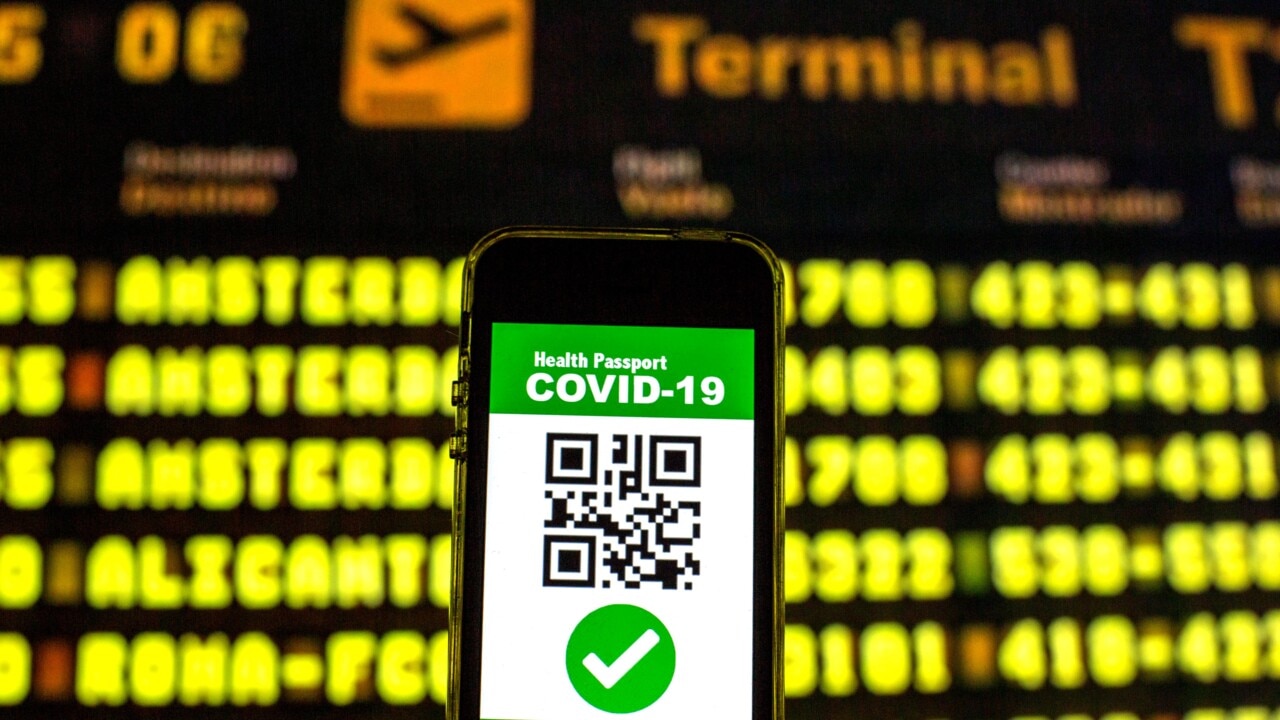
Sydney’s northern beaches could prove to be a good location to pilot a new vaccine passport app in NSW, one expert says.
The NSW Government has said it is looking at options to pilot a new feature of the Service NSW app that would confirm a person’s vaccination status once they log into a venue via the QR code.
The app will make it easier for a venue to ensure all its customers are vaccinated once restrictions are eased.
Customer Service Minister Victor Dominello told news.com.au that the vaccine passport would be an “opt-in” feature of the current Service NSW app.
“You don’t have to have it,” he said.
Mr Dominello said there would be preliminary testing of the feature in the last week of September, ahead of a pilot of the app to run in the first two weeks of October.
Residents in the areas selected for the pilot would likely be given extra freedoms and these could include being able to eat at restaurants or have a drink at a pub.
While locations have not yet been decided, Mr Dominello said it was “highly likely” at least one location would be in Sydney.
“It would have to be a low-risk environment, with high vaccination and low infections,” he said.
Authorities are also looking at what types of venues they could trial the app in, and this will be linked to the businesses allowed to open once 70 per cent of adults are fully vaccinated, which include bars, restaurants, hairdressers and gyms.
Melbourne University clinical epidemiologist Professor Nancy Baxter said epidemiologically it would be safest to trial any app in a location that was geographically isolated.
While she said she was not familiar with Sydney’s geography, she noted that the northern beaches seemed to be isolated from other areas as authorities had been able to contain an outbreak there over Christmas.
The local government area also has one of the highest rates of vaccination in Greater Sydney, with 46.70 per cent fully vaccinated, and just 88 Covid cases in the past four weeks.
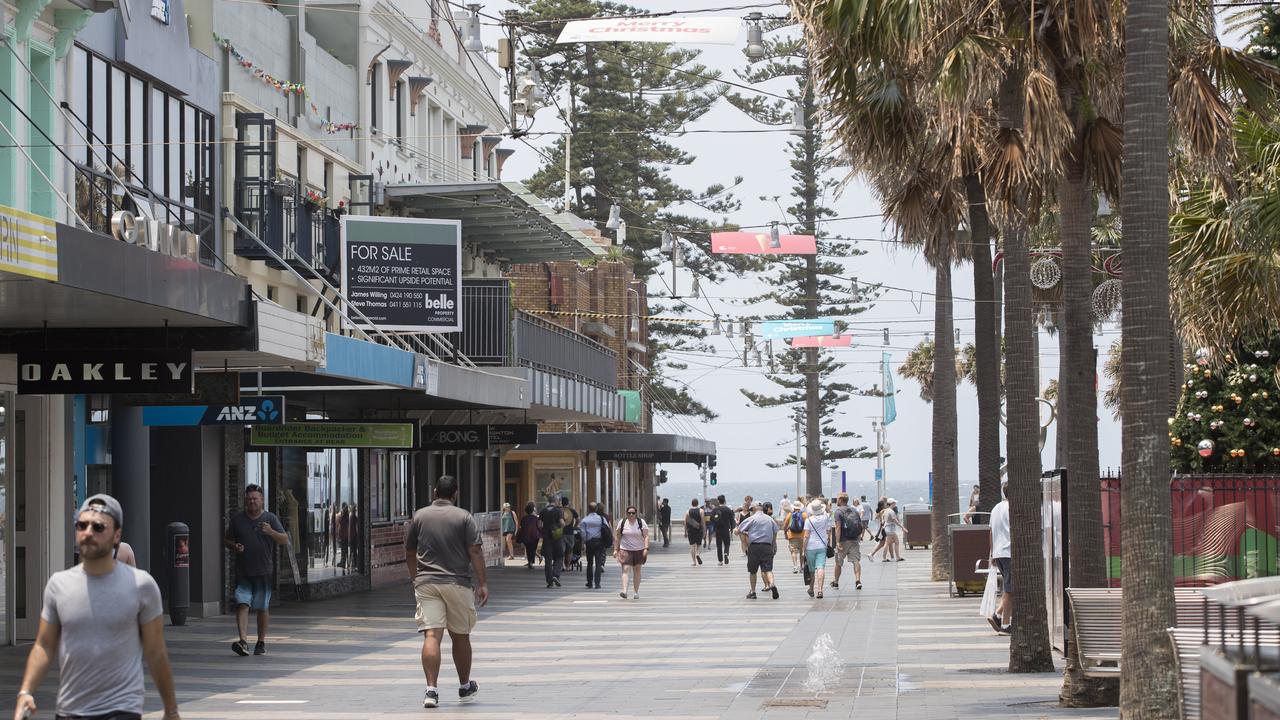
“I think the challenge is, that as soon as there is more movement, there will be more circulation of the virus,” she said.
She said there was likely to be some virus circulating in most areas without being noticed because people were in lockdown.
Choosing a geographically isolated area like the northern beaches would mean there was less movement with the rest of Sydney and less chance of the virus getting in or out.
“We don’t want to do anything that increases the hospital burden, hospitalisations or death,” she said.
“Easing would have to be small and there would also be implications on equity and social cohesion.
“If some LGAs are doing it hard, while others are living freely, it may be hard to maintain restrictions.”
Plans for the pilot have already caused controversy, particularly among residents of the 12 local government areas who are living under stricter restrictions than the rest of Greater Sydney, including a curfew and work requirements.
Professor Baxter said allowing one LGA to have more freedoms than others would also make the rules more complex for people to understand.
“Making it more complex will be more challenging to enforce but that is the road Sydney is going down,” she said.
However, she said some low-risk activities like outdoor dining could be possible.
Mr Dominello said choosing a geographically isolated area did make sense but it would not show whether people would be drawn to certain venues.
“It won’t demonstrate whether there’s a pull factor in terms of mobility,” he said.
“These and other things are what we need to consider in the design of the pilot.”
He said the location of the pilot would be known “reasonably soon”.
charis.chang@news.com.au | @charischang2




